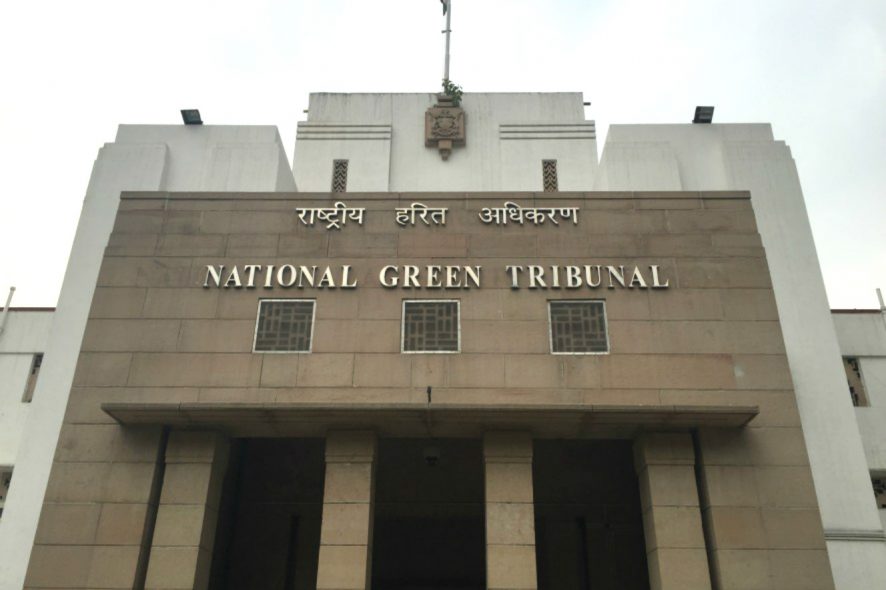National Green Tribunal (NGT): The Bench comprising of Justice Adarsh Kumar Goel (Chairperson) and Justice S.P. Wangdi (Judicial Member), Justice K. Ramakrishnan (Judicial Member) and Dr Nagin Nanda (Expert Member) considered the issue in respect to enforcement of environment norms against running of restaurants/hotels/banquets.
In respect to the above, tribunal considered the material vide order dated 02-11-2018 and recorded that violation of law on the subjects of waste management, discharge of effluents, illegal groundwater extraction, groundwater contamination, emission by illegally operating diesel generators, absence of statutory consents under the Water (Prevention and Control of Pollution) Act, 1974, the Air (Prevention and Control of Pollution) Act, 1981 and violation of conditions of consents where such consents had been granted by the restaurants/hotels/motels/banquets in Mahipalpur, Rajokri areas in Delhi.
Adding to the above issue, the tribunal also considered the issue of the absence of rainwater harvesting, groundwater recharge system, excess noise pollution, illegal parking and encroachments.
Authorities concerned were directed to take immediate steps by preparing an appropriate action plan. The action was to deal with the regulation of sewage disposal, extraction of groundwater, rainwater harvesting, air pollution on account of traffic congestion, use of DJ sets, management of solid waste and noise pollution.
Further, the tribunal considered the status report filed by the Delhi Government and found that the report did not meet the mandate of the order of the tribunal. Again on reviewing the matter in light of a new report, it was found to be deficient.
Tribunal noticed the challenge posed by unregulated social gatherings resulting in damage to the environment and public health.
Delhi Government filed a format of inspection with an action plan. Referring to the report filed to be deficient, it was stated that data was compiled, noise regulatory mechanism evolved, norms for waste disposal and installation of CCTV cameras and GPS laid down, sewage management and air pollution control measures plan.
The action plan covered the regulation of extraction of groundwater, rainwater harvesting, regulation of the size of gatherings and action against unauthorised establishments and recovery of environmental compensation.
Thus, tribunal on noting the above, stated apart from formalizing and enforcing the action plan reproduced above, MoEF&CC may evolve appropriate guidelines as well as mechanism for undertaking impact assessment either of individual establishments or of the area/cluster to ensure that activities beyond carrying capacity of the area are duly regulated to enforce the ‘Precautionary Principle’ as well as ‘Sustainable Development’.
Delhi Government may take steps as per its action plan and within a broad framework of pan India guidelines, the Delhi Government can have its own guidelines pertaining to suit the local requirements. [Westend Green Farms Society v. Union of India, 2019 SCC OnLine NGT 293, decided on 19-09-2019]






